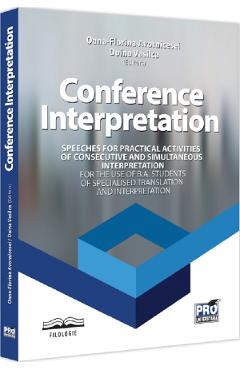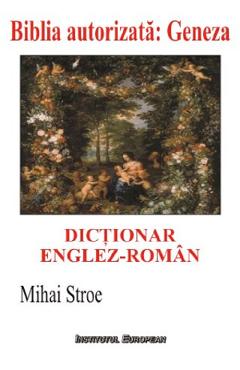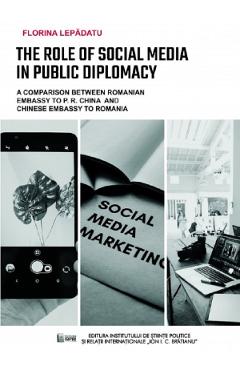This study offers an ecocritical and geocritical approach of seascapes as vital and transformative metaphors in classical and early modern literature. The sea emerges as a living, breathing force that profoundly shapes human identity, emotion, and imagination.
From Homer ’s Odyssey , in George Chapman ‘s influential translation, where the endless waters reflect the complexity of the human mind and the trials of mortality, to early modern travel narratives, the marine world is portrayed both as an enigmatic realm and a setting for exploration and conquest, reflecting the imperial ambitions of the time.Drawing deeply on these traditions, Shakespeare ‘s plays depict the sea as a site of dramatic change and emotional intensity and his literary seascapes reveal worlds of infinite possibilities. In plays like The Tempest and Twelfth Night , the ocean becomes a stage where characters are tested, transformed, and reborn.
Through vivid marine imagery and symbolism, Shakespeare challenges human control over nature, inviting us to reconsider our place within a complex, intertwined ecosystem. Blending literary analysis with ecocritical insight, this volume illuminates how the sea and its creatures, storms, and shores act not only as catalysts for narrative drama but also as enduring metaphors for the fluid, unpredictable, and interconnected nature of life itself.
Worlds of Possibility: Shakespearean Seascapes

Detalii:
This study offers an ecocritical and geocritical approach of seascapes as vital and transformative metaphors in classical and early modern literature. The sea emerges as a living, breathing force that profoundly shapes human identity, emotion,…
52
LEI
In Stoc
Anul aparitiei:
2025
ISBN:
9786064914682
Recenzii
5/5
Recenzia noastra
de
Descriere
de
Ar putea să îți placă și…
de












